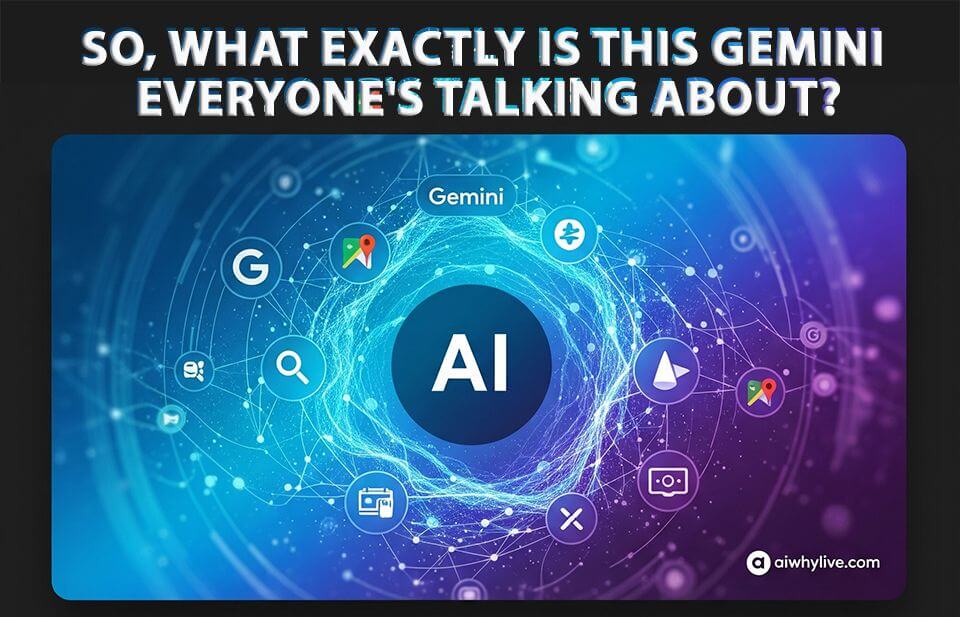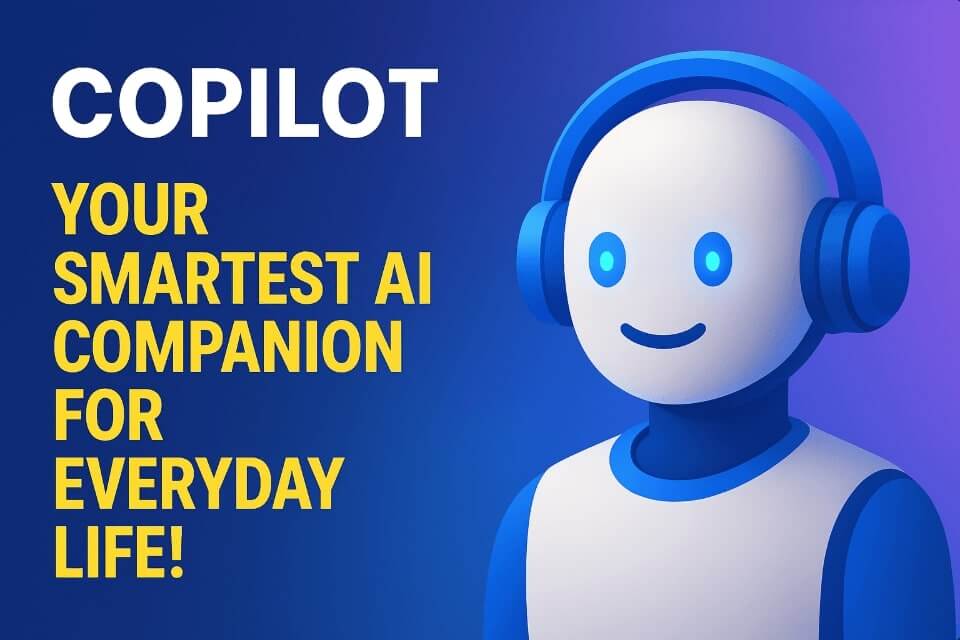In an era when search engines are evolving into intelligent, conversation-like “answer engines,” Yahoo! remains a relic—a search tool largely untouched by artificial intelligence. While competitors like Google and Bing have harnessed AI to redefine how we access information, Yahoo! has yet to make an impactful foray into this transformative technology.
The Evolution of Search Engines
Search engines have come a long way from the days of simple directories and basic keyword matching. Modern platforms now leverage AI and machine learning to understand natural language, predict user intent, and deliver synthesized answers rather than a mere list of links.
- Google’s Gemini exemplifies this shift, offering multi-modal capabilities that go beyond textual results to incorporate images, videos, and more, all in a conversational context.
- Bing’s integration of Copilot has reimagined search as an interactive dialogue, enabling users to refine queries on the fly and receive contextual insights.
- In addition, concepts such as Answer Engine Optimization (AEO) are driving the evolution of search, as predicted by thought leaders who noted in 2025 that traditional organic clicks are giving way to direct, AI-powered answers.
Though Yahoo! once reigned as a pioneer in the early days of the internet, its evolution has stalled. It hasn’t incorporated these cutting-edge AI enhancements, leaving it with an outdated search experience.
The Advantages of AI-Powered Search Engines
Embracing artificial intelligence has unlocked several benefits for modern search engines:
- Enhanced User Interactions: AI can process complex, natural language queries and provide direct, comprehensive answers. This minimizes the time a user spends filtering through irrelevant links.
- Personalization: AI algorithms learn from user behavior, offering tailored content and contextually relevant results with every search.
- Contextual Understandings: Tools like Google’s Gemini are adept at interpreting multi-modal data, meaning experiences are enriched with a mix of text, image, and even audio responses.
- Continuous Improvement: With each query, these systems learn and refine their responses, ensuring that search results grow more precise over time.
The Disadvantages of an AI-less Search Experience
Without AI, search engines like Yahoo! face significant challenges:
- Static Results: Without machine learning capabilities, Yahoo! offers curated results that neither adapt based on context nor evolve with user behavior.
- Missed Opportunities: Users may find outdated or less relevant content, as the system isn’t equipped to synthesize information from multiple sources dynamically.
- Poor User Engagement: In contrast to AI-driven interfaces that encourage conversational queries and follow-ups, Yahoo!’s approach remains linear and less interactive.
- Market Irrelevance: In the competitive digital ecosystem, lacking AI integration can render a search engine less attractive to users accustomed to the speed, accuracy, and personalization that modern tools provide.
Yahoo!’s Current Stand: A Legacy in Decline
The trajectory of Yahoo! serves as a cautionary tale. Once a dominant player, Yahoo! failed to capitalize on newer technologies, turning down opportunities and not adapting when the landscape was shifting toward AI. As explored in retrospectives on Yahoo’s downfall, the company’s inability to innovate ultimately led to its decline. Today, while platforms like Google and Bing invest heavily in AI to redefine search, Yahoo! persists as an “AI-less” relic.
Without incorporating AI, Yahoo! is missing out on critical advancements that propel user engagement and long-term relevance. In the age of AI, being static is tantamount to being extinct.
Conclusion: How Not to Become Extinct in the Age of AI
The evolution of search engines has made one thing clear—innovation isn’t optional; it’s a requirement for survival. Yahoo!’s failure to embrace AI underlines a broader lesson for all tech giants: resting on past laurels is a fast track to irrelevance. As digital landscapes shift, companies must adapt or risk becoming obsolete.
In the words of noted observers, if we see the world as we are, limited by our persistent biases and reluctance to evolve, then even a giant like Yahoo! will eventually disappear from the tech ecosystem. Perhaps someday, if Yahoo! continues on its current course, it will be remembered as a cautionary example of what happens when innovation is ignored.
Let this serve as both a reminder and a challenge: in the age of AI, agree to evolve—or agree to be left behind.
Sources
- So What Exactly Is This Gemini? Everyone’s Talking About
- Microsoft Copilot: Your Ultimate AI Assistant for Work & Creativity
- AEO in 2025: Why Your Original Predictions Were Right All Along
- Excerpts and analyses from “Why did Yahoo Fail?” articles provide insights into Yahoo!’s missed opportunities and stagnation over time.
This article highlights the critical roles AI now plays in advancing search engine capabilities and underlines the risks companies face if they don’t evolve. Yahoo!’s story is a sober reminder that in an age marked by rapid technological progress, even once-mighty giants must innovate or risk extinction.







